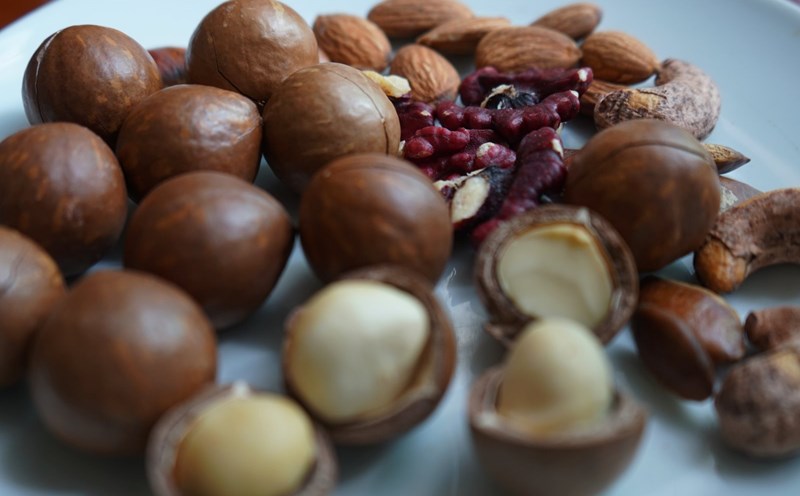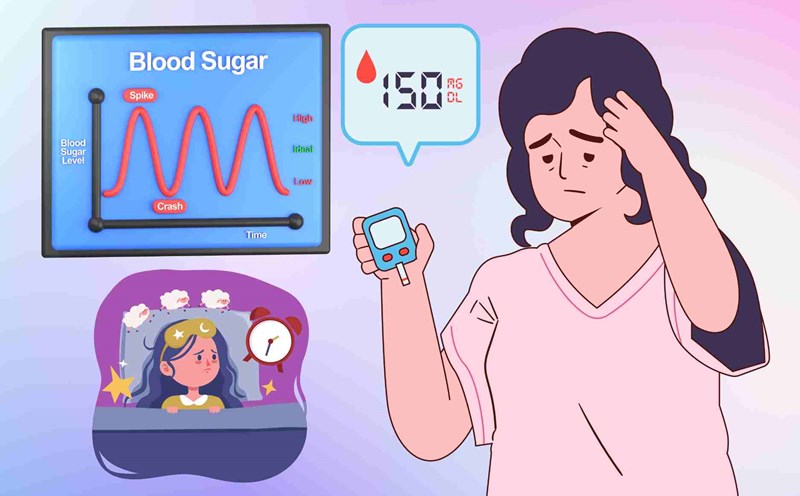Apply 4-7-8 breathing technique
This is a method developed by Dr. Andrew due - Andrew due Center for Integrated Medicine at University of Arizona (University of Arizona), USA, to help calm the nervous system:
Inhale through your nose for 4 seconds. Hold the breath for 7 seconds. Exhale gently through your mouth for 8 seconds
Repeat 4-8 times, you will feel sleepiness naturally.
Partificial muscle relaxation (PMR)
Start from your toes and move up gradually: gently stretch and relax each muscle group. This method helps release stress in the body, especially effective when lying on the bed.
Avoid blue light
1 hour before bed, stay away from phones, computers and TVs. Green light from these devices inhibits melatonin - the sleep-inducing hormone.
Create an ideal sleeping environment
A dark, quiet and cool room (about 24-26 degrees Celsius) will help the body fall asleep easily. You can also use a loudspeaker that is soothing like rain or wave to support.
Stop thinking by "deceiving" the brain
Imagine you lying on the beach or strolling in the cool forest - the detailed imagining helps your brain be busy, reduce anxiety and sleep better.
Schedule regular sleepovers
Try to go to bed and wake up at the same time every day - even on weekends - to keep your body clock stable, making it easier to sleep every night.
Sleep is an important "medicine" for health. If you still have prolonged insomnia despite applying the above tips, see an expert for further advice.











